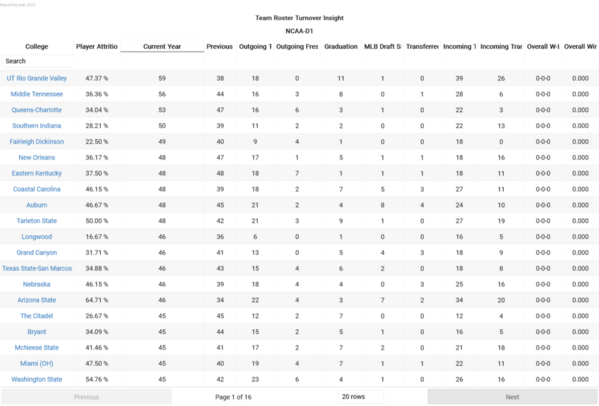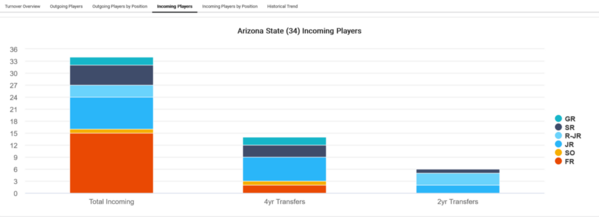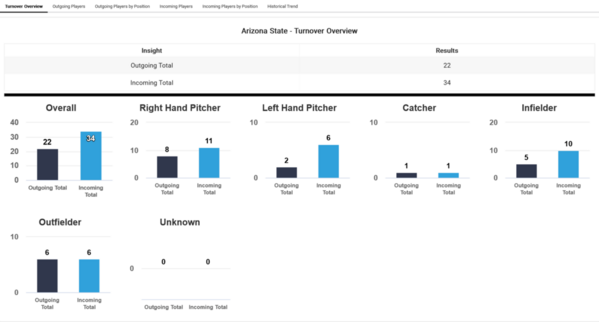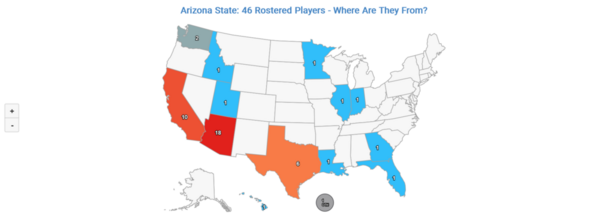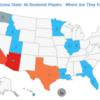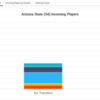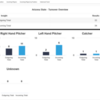The players will tell you that. And, they give alot back to their universities in terms of stature and money; it's all good - and universal!
Never have I heard that in a club side discussion. Club side is all that's important for these discussions.
Of course nutritionists, trainers, and the rest are important - those were the very first parts of the campus shown. And, for college ball, this is a true difference as is the level of in-season competition and the number of coaches on the field. Most colleges even have programs designed to help the players through the academics.
But, to get to proball, it's all individual potential (i.e., a potential MLB tool) and individual determination (money is also an issue). 5am in the dark is 5am in the dark - maybe alot colder.
I personally don't believe that the overwhelming majority of college coaches develop players beyond what the player would have developed - a wins over replacement measure. It's always been for an individual player to outwork every other player in the country - that's the determination needed to advance (along with that tool).
So, those things can make a huge difference and there are quite obviously huge differences in programs, leagues, teams, divisions, etc.
(The rule 2 exception are those few coaches who actually develop players. These exist; they're unicorns, tho. And, of course they are universally recognized as good and are very upwardly mobile.)
I think we're talking two different things; I'm talking product (finding the guy with the tool) and you'll are talking process (better physical opportunity).

